|
Advantages of being a First Time Home Buyer Becoming a first time home buyer is a big decision, but being a homeowner comes with many advantages. A mortgage payment combined with property taxes and insurance is often the same or only slightly more than monthly rent. Instead of throwing away your rent money, you will be building equity with each payment. Additionally, your payments will be offset by tax savings from mortgage interest deductions, which constitute most of the payment in the early years of a mortgage. Finally, real estate has historically appreciated. Challenges of being a First Time Home Buyer One of the biggest hurdles in the first-time buyer’s purchase is producing cash deposit for the down payment and buyer’s closing costs. If your income enables you to qualify for the necessary mortgage loan. A good place to start the entire process is to visit a mortgage loan officer to “pre-qualify” and establish your maximum loan amount. Call Tony Mounce Mortgages today! This loan maximum, coupled with your available cash, will determine the price range in which you should look. You can begin shopping by communities you want and need, remembering that “location-location-location” can be as important as the home itself. When shopping for a mortgage, look at the overall cost, not just the interest rate. Generally speaking, the higher the rate, the lower the number of points charged. Make sure you understand any hidden costs or special early payment penalties, which could create problems for you. Look at different mortgage products, such as shorter-term fixed-rate loans or adjustable rate loans, but be sure you understand what your “worst case scenario” is if interest rates rise. First Time Home Buyer Real Estate Agent Buying a home is usually an emotional decision, and you need the counsel of a reputable, knowledgeable Canterbury first time home buyer agent who can help you buy wisely. As a first-time buyer, professional real estate assistance can be crucial. You should insist that the agent work with you as a “buyer’s agent” to be your advocate in the transaction. Call now!
0 Comments
Fire safety; prepare or DIE!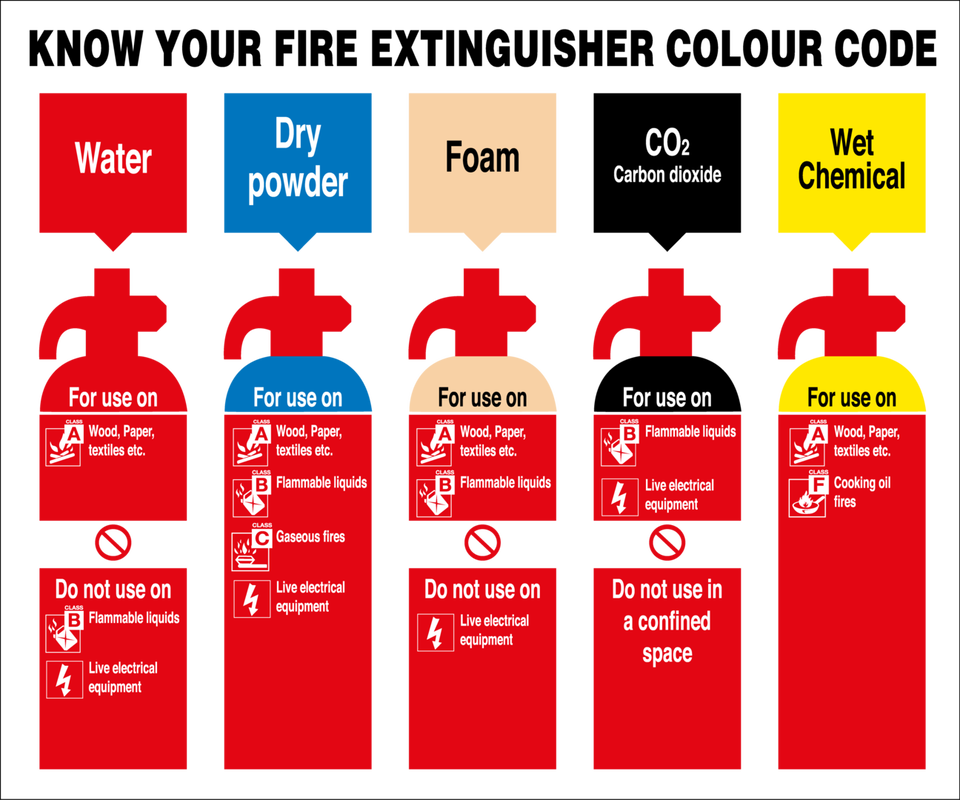 If you have a fire extinguisher in your home, you'll be better prepared to put out small fires before they become big ones. For businesses, please view our commercial advice on fire extinguishers. Using a fire extinguisher Only use a fire extinguishers when: · It's safe to do so considering the size and location of the fire (your extinguisher will only last 10-15 seconds once started). · You're confident you understand how to use the extinguisher correctly. · Everyone has been evacuated and accounted for at your safe meeting place. · Fire and Emergency New Zealand has been called. · You can safely access and retreat from the fire. Remember, life is more important than property. Don't put yourself or others at risk. Operating a fire extinguisher When operating a fire extinguisher, use the 'PTASS' technique: · Pull the safety pin or remove the clip. · Test squirt the extinguisher to make sure it is working. · Aim the nozzle at the base of the fire from a safe distance. Most extinguishers are designed to be operated from about 2 - 3 metres away. · Squeeze the handles. · Sweep the extinguisher from side to side while aiming at the base of the fire. Installing a fire extinguisher You should mount fire extinguishers on the wall, out of reach of children. Place fire extinguishers in noticeable places where they can be accessed safely, such as: · In or near the kitchen – not too close to the stove or cooking surfaces · In the garage · In cars, caravans and boats Types of fire extinguisher There are many different types of fire extinguishers: · Water · Foam · Wet chemical · Dry powder · Carbon dioxide · Specialised materials for Class D fires The type of fire extinguisher you need depends on the class of fire you're most likely to experience. There are 6 classes of fire: · Class A (Wood paper plastics) · Class B (Flammable & combustible liquids) · Class C (Flammable gases) · Class D (Fires involving combustible metals) · Class E (Electrically energised equipment) · Class F (Cooking oils and fats) Choosing a fire extinguisher The most likely type of fire to occur in your home is a cooking oil or fat fire in the kitchen. So if you're buying your first fire extinguisher, you should choose one for the kitchen that is capable of extinguishing Class F fires. A Wet Chemical extinguisher is best for extinguishing cooking oil and fat fires. This type of extinguisher can also be used on most other classes of fire in the home. However, don't use wet chemical extinguishers on fires with a live electrical source. While an ABE Dry Powder extinguisher is suitable for other types of fire in your home, you should never use it on a cooking oil or fat fire as the pressure from a dry powder extinguisher will cause the fire to spread. Ideally, you should protect your home against the widest range of fire hazards with both an ABE Dry Powder extinguisher and a Wet Chemical extinguisher. Updated 15th September 2018 RELATED CONTENT Smoke alarms Working smoke alarms are your only voice. Find out why it's important to make sure you have long-life photoelectric type smoke alarms installed in your home. · Creating an escape plan In a fire, you'll only have 1 or 2 minutes to escape your house. That's why it's essential to have an escape plan in place and to practice it regularly. Don't play with matches; Install a fire extinguisher now!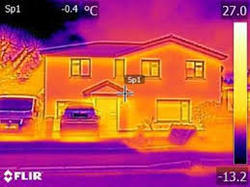 What is Thermal Imaging? Thermal Imaging Reports. Infrared (thermal imaging) is an advanced, non-invasive technology that allows the inspector to show clients things about their homes or buildings that can't be revealed using conventional inspection methods. What is thermal imaging used for? Thermal imaging is a method of improving visibility of objects in a dark environment by detecting the objects' infrared radiation and creating an image based on that information. Thermal imaging, near-infrared illumination, low-light imaging and are the three most commonly used night vision technologies. Updated - September 2018 |
BLOG
March 2024
Categories |
LocationLocated on Grahams Road, we are right in the centre of Christchurch, making it a lot easier on the whole for people to reach out to us for help at any time during the day. |
|


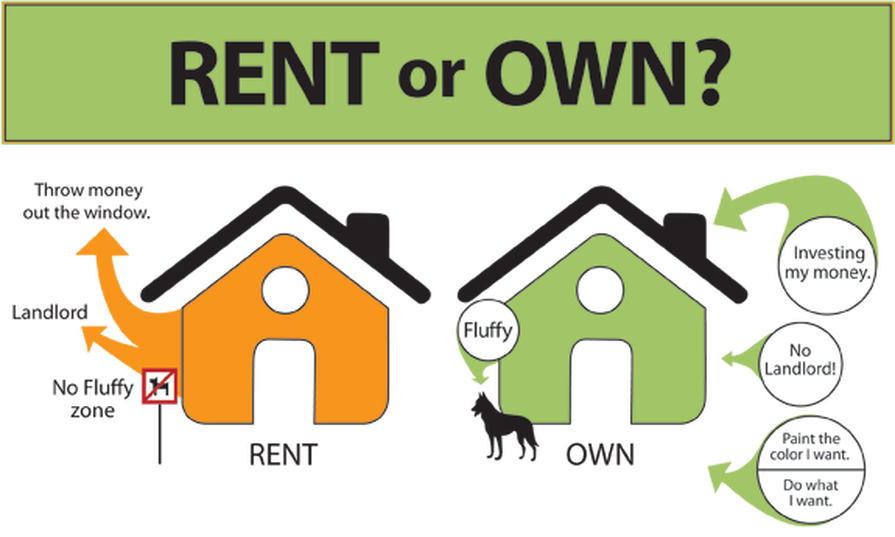




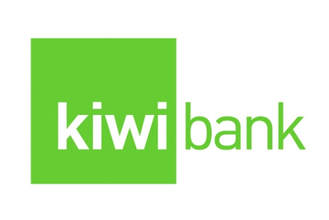

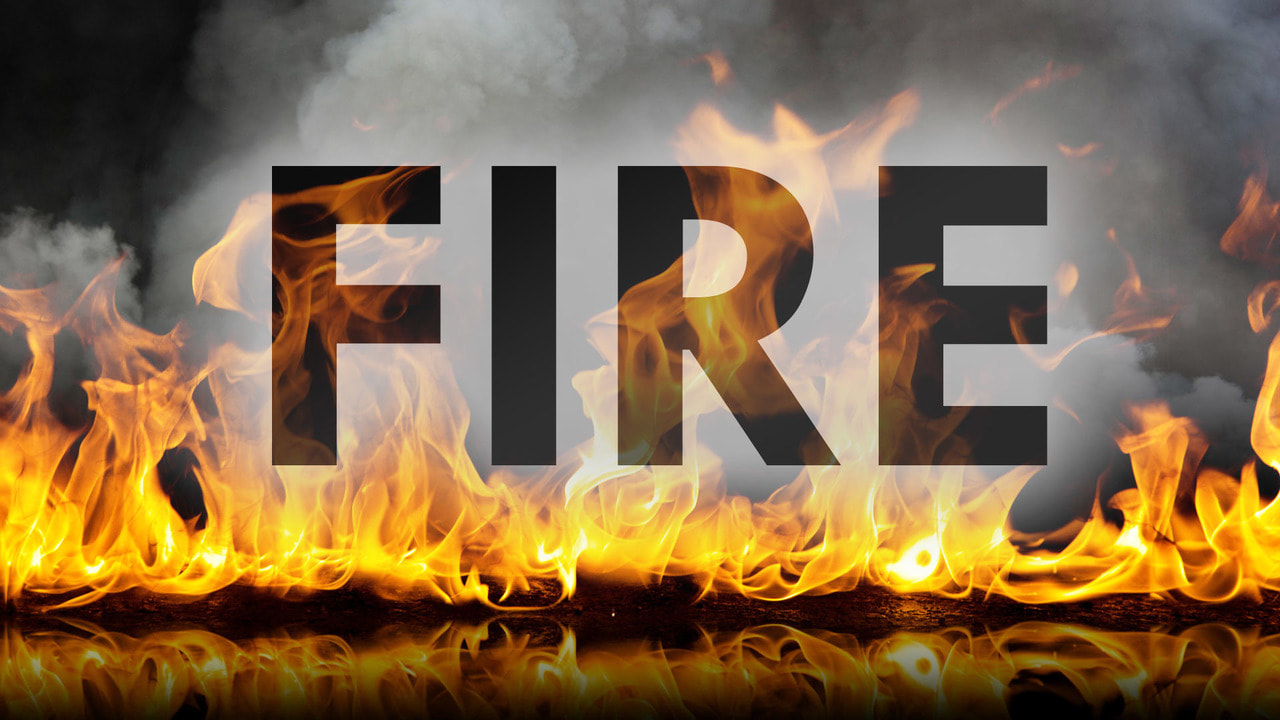

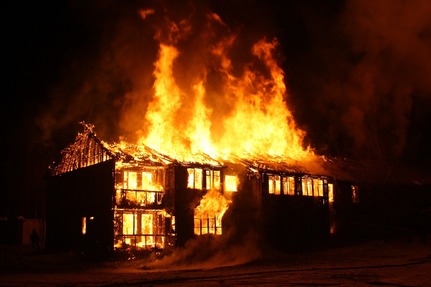

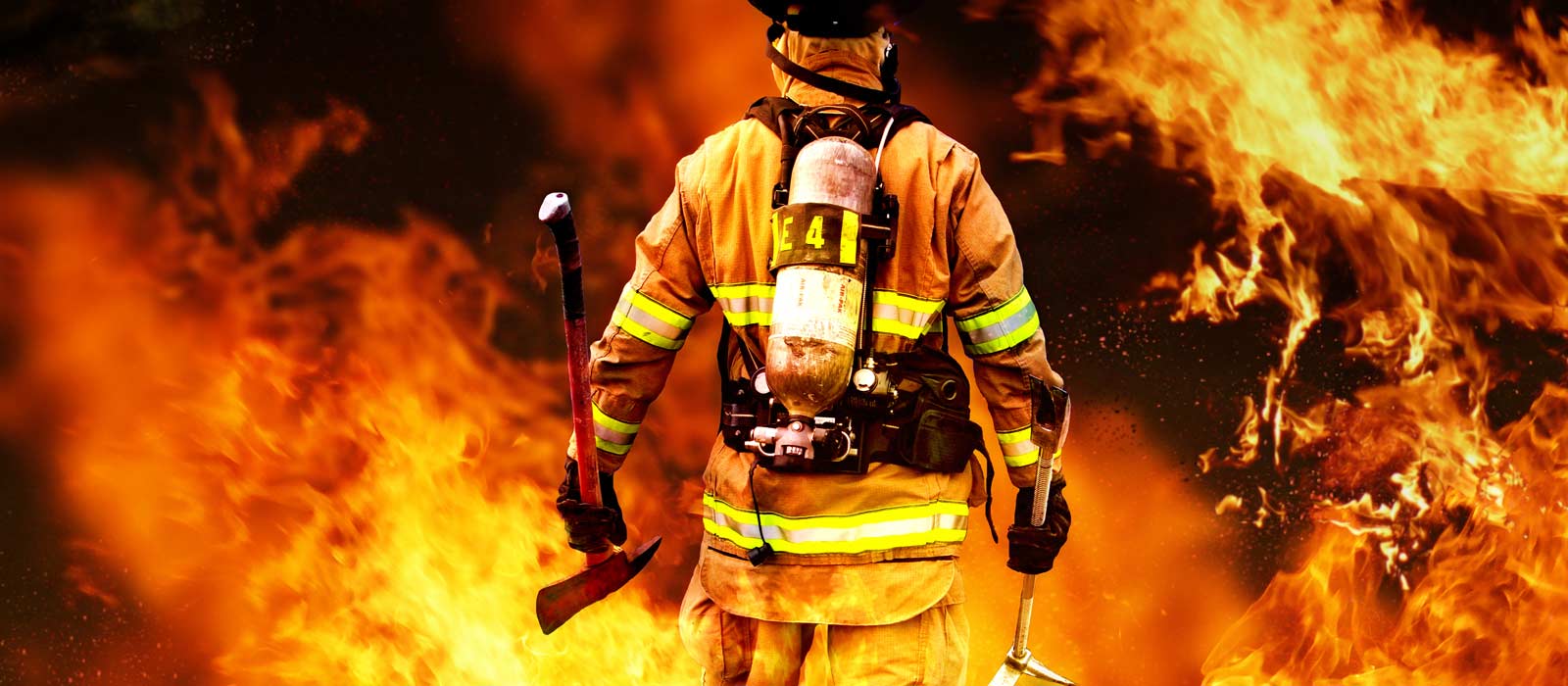
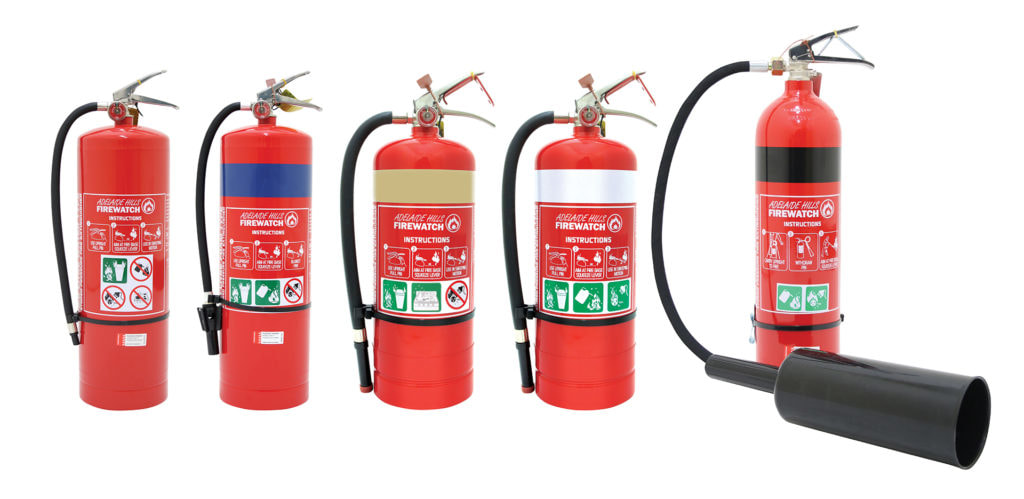
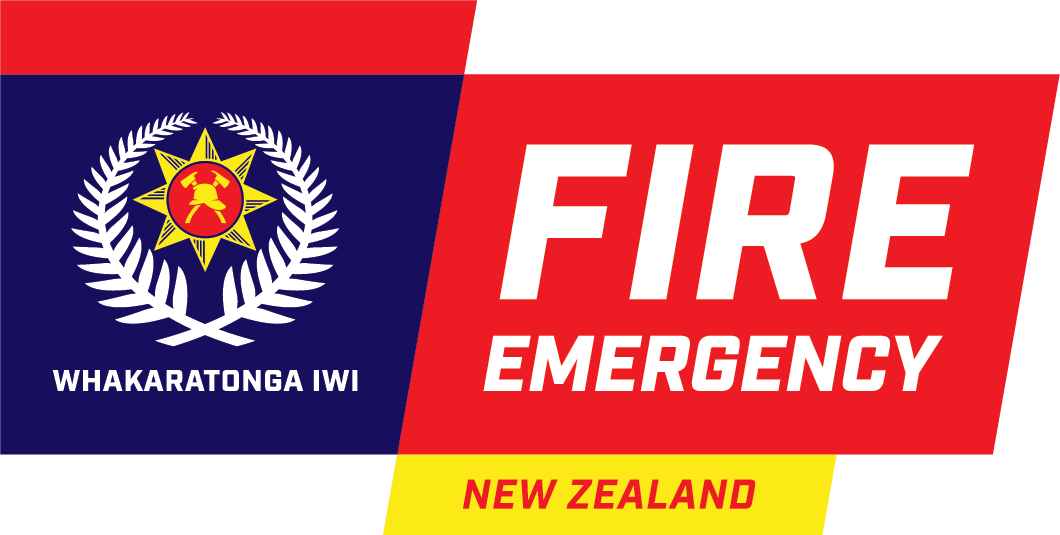
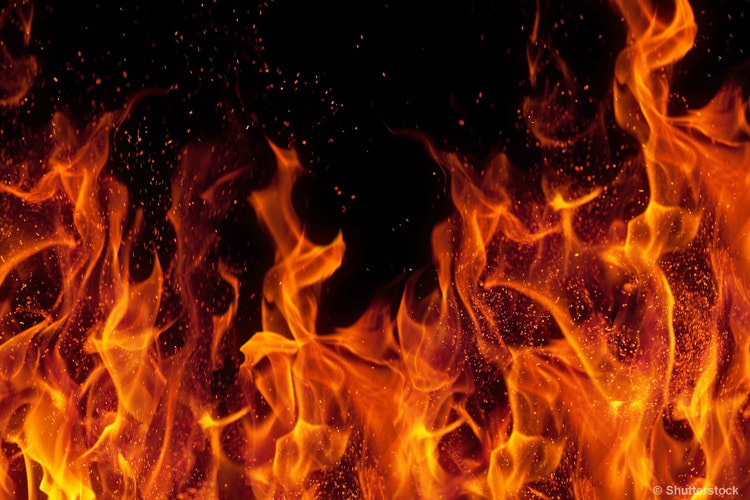

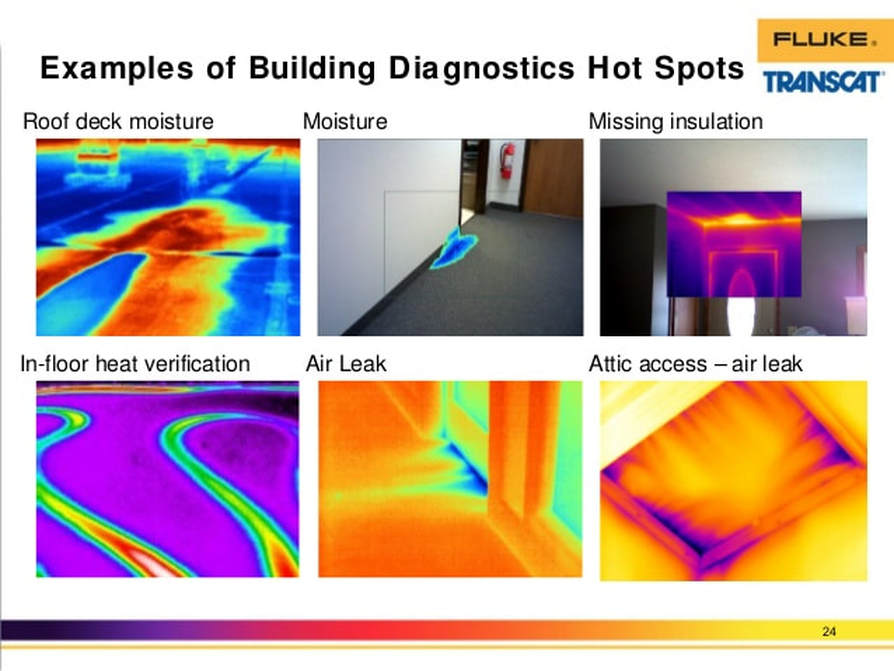
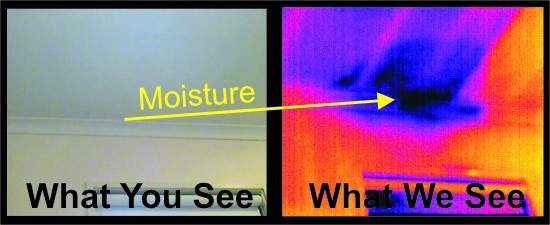
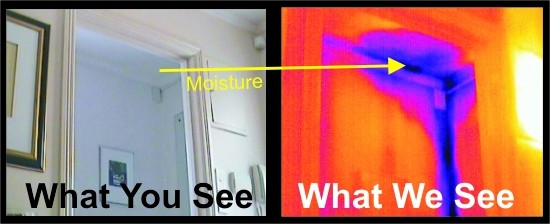

 RSS Feed
RSS Feed